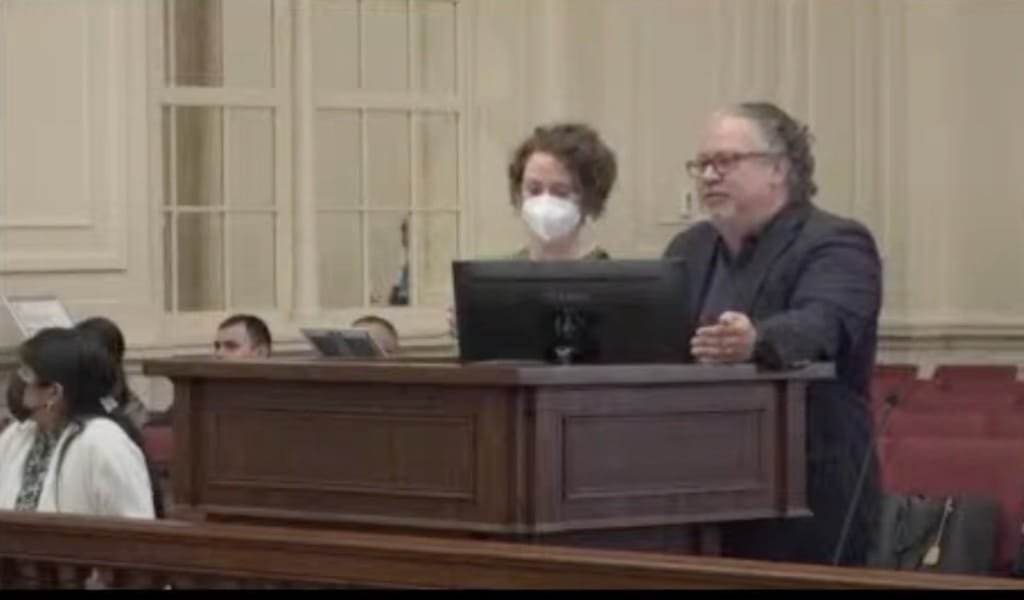‘Worst Broadband City’ Brownsville Approves Open Access Fiber Project with Lit Communities
Lit Communities will operate the network, with subsidiary BTX Fiber as the last-mile provider. HMI Utilities is prime contractor.
Megan Boswell

BROWNSVILLE, Texas, April 1, 2022 — During a special city commission meeting on Wednesday, council members voted to approve a fiber project that will bring high-speed broadband to 100% of its citizens.
Elizabeth Walker, Brownsville assistant city manager, and Andres Carvallo, CEO and founder of CMG Consulting LLC, recommended that the council authorize two respondents, HMI Utilities with Lit Communities, for a combined proposal to maximize technical and financial capacity.
Brownsville, Texas, is a city of more than 182,000 people and is one of the cities with some have called the worst broadband city in the country. The National Digital Inclusion Alliance in 2018 listed Brownsville and a neighboring community as one of the top two worst connected cities in the country with a population of more than 65,000. For Brownsville, 47.1% of households do not have broadband of any type, NDIA found
Lit Communities, a fiber-builder that partners with municipal, county and other government entities, will operate the network, with HMI Utilities as the prime contractor. Lit Communities subsidiary BTX Fiber will be the last-mile provider on the network. However, the project will be an open network with multiple internet service providers.
Standard service on the network will be at least 100 Megabits per second (Mbps) symmetrical.
The research for this project began nearly a year ago in April 2021 when Walker and Carvallo looked at different business models, like public policy only, public services, open access, infrastructure, municipal retail (business only and residential). They looked at these models in similar projects in Texas and across the country, including in places like Knoxville and Santa Cruz County. Eventually, they decided on an open access model.
Specifics of the Brownsville network
All citizens will have access to this broadband. “It is eight middle-mile fiber rings to address the full geography of Brownsville,” said Walker.
The city will own 100% of the middle mile and will be able to license it out in private-public partnerships to create revenue, as well as revenue from the last mile connectivity. To ensure affordability, there will be a cap on what providers can charge.
Affordability “is very important,” said Walker. “The crux of the consideration is just to not deliver access, but to make it affordable.”
This infrastructure will have a life expectancy of 50 to 100 years, said Walker.
Walker said that “evidence suggests that broadband services have a net positive economic and social impact to communities by enhancing key functions such as economic competitiveness, workforce development, training, educational capabilities, municipal operations, and smart city developments.”
This is part of the private-public partnership model of Lit Communities. The company recently partnered with Ohio’s Lorain-Medina Rural Electric Cooperative to install fiber on existing utility poles. In these projects, the municipality in question provides the capital necessary to build a middle mile or backbone network.
“We are not stopping with these initial groups of towns that we are looking at and working into right now,” said Rene Gonzalez, Lit Communities’ chief strategy officer. “It is just the beginning.”









Member discussion